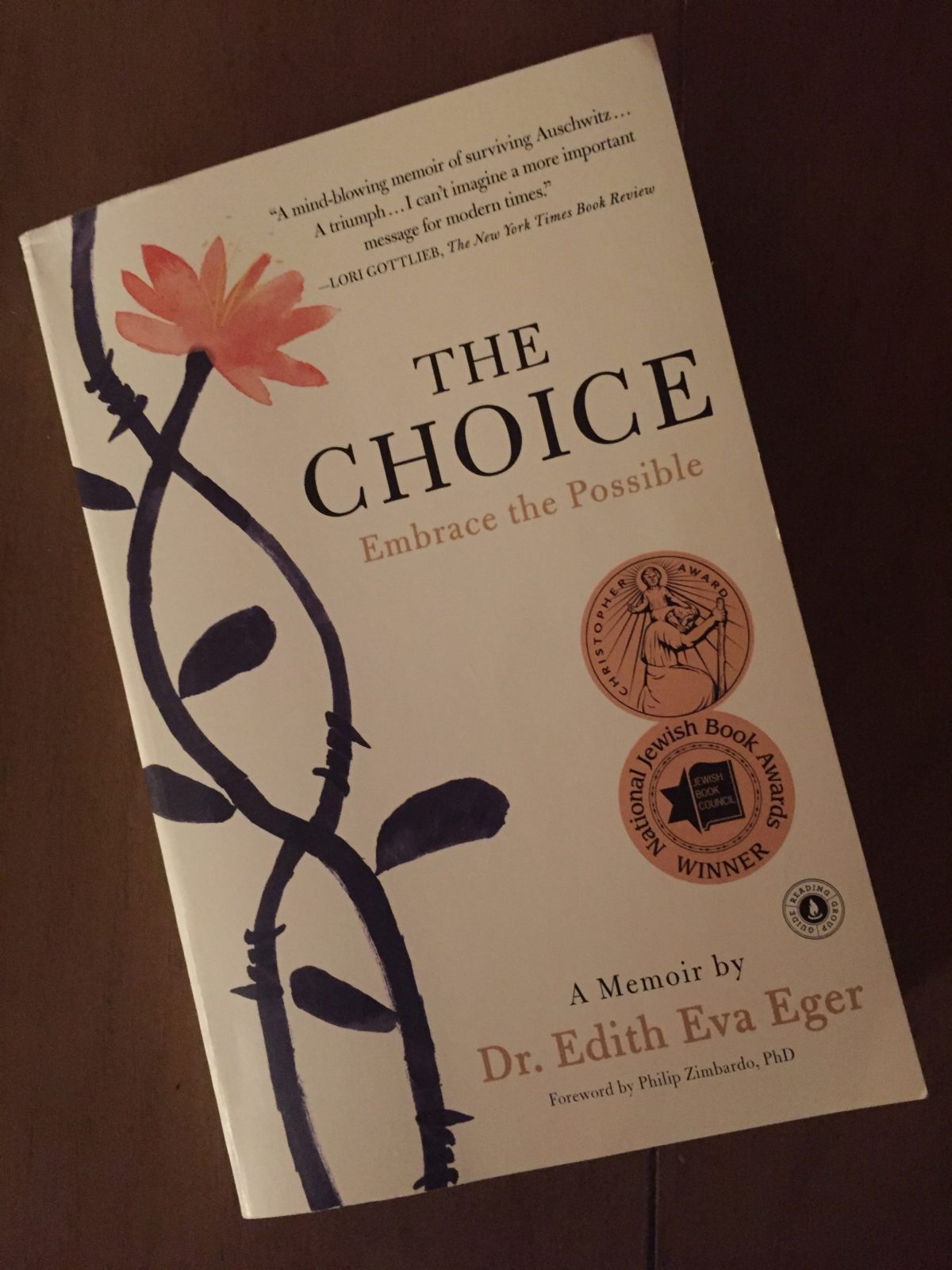Are you facing 2019 with doubt, uncertainty, frustration, life fatigue, or lingering heart and brain naggings about your past, ones that hold you back from accomplishing your hopes and goals or keep you from having dreams?
If so, I’d like to leave you with a few thoughts today that may give you insight and encouragement, to remind you that you do have a hope and a future.
There are so many things I could say to offer you encouragement, but I’m going to give you some uplifting quotes that may give you a new or fresh perspective, or simply cause you to nod in agreement or put a smile on your face. Get you all excited about the New Year! Ones you can write down and keep with you to read when you need a pick-me-up.
So here it goes!
I can’t say I’m a huge Willie Nelson fan, but he did say something I agree with and like:
“Once you replace negative thoughts with positive ones, you’ll start having positive results.”
Why do you think that’s true?
Maybe it’s because having a positive attitude and demeanor completely changes your perspective on everything you do and encounter in life. People respond differently to you, and you treat them differently. I think you’ll enjoy life more.
The aging paradox—
Wisdom is supposed to come with age, but sometimes it feels as though you’re not gaining anything, except a slower mind and droopy skin.
We’re all getting older, but some of us are feeling our aging more than others, and we’re concerned. Keep these things in mind when doubts nettle your heart and brain—
“Don’t feel obligated to act your age.”
And this one—
“Your body may be tired, but you can chase squirrels and leap fences in your dreams.”
Both are quotes by Cynthia Copeland in her adorable book Really Important Stuff My Dog Has Taught Me.
How true that second quote is. And it actually keeps your brain young!
And along with that thought, here’s what C.S. Lewis had to say about aging and dreaming—
“You are never too old to set another goal or to dream a new dream.”
In her wonderful book, Really Important Stuff My Dog Has Taught Me, Cynthia Copeland also writes about aging gracefully—
“Age neither defines a dog, nor overwhelms his thoughts. Because they live in the present, dogs don’t see time the way we do, regretting years gone by and obsessing over the days that are left. An old dog doesn’t focus on what he can no longer do, but what he still can do. Dogs cope, they adapt, they look for reasons to wag their tails. And no matter what, they never do the math and figure out how old they are in dog years.”
Whenever I’ve used the “I can’t do that, I’m (so many years) old,” my younger son Cory says, “Now, don’t look at it that way! You’ve got to keep going, keep dreaming. You can do whatever you set your mind to do!”
He’s right, only sometimes I have to alter what it is I want to set my mind to do. There is reality, but that doesn’t mean I have to stop dreaming. Like any old dog, I may sleep more and longer, take shorter walks, jump lower and catch fewer balls. But I’ll still try.
And if being able to do something means I need to change my eating, sleeping or exercise habits to accomplish or enjoy it, then making those changes seems worth it to me.
So putting all of those ideas into perspective, I can whittle it down to a good bullet list:
- Don’t let my age define me (young or old!) or anyone else.
- Don’t waste time or mental real estate thinking about my age.
- Stop regretting the years gone by, the mistakes, the sins, the missed opportunities. (This is probably one of the biggest problems I, and many others, have. We saddle our brains and hearts with what ifs.)
- Don’t think about the days you have left. No one knows the answer to that anyway. Thank God for every new day you wake up to serve Him and enjoy your family and friends and life.
- Focus on what you can do not on what you can no longer do.
- Cope and adapt. Look for reasons to wag your tail and give thanks!
- And stop counting the years!
I made a mental note to stop counting the years this last birthday—my big 6-0. I had a party and told my family and friends it was the last formal celebration I’d have (and maybe even the last birthday I’d really recognize), until I turned 70, if—God willing—I lived that long or Jesus didn’t return first. My older son said, “Yeah, I don’t believe that.” (Snark.)
But I intend to keep my word. This February will be a new birthday, and I will officially “end” my yearlong 6-0 celebrations. Celebrating for a year sounds self-indulgent, I know, but I had some very good reasons to do that. I returned to Hawaii to face some personal mental demons and slay them. I went to Disneyland for my actual birthday to relive some precious childhood memories. While there, I realized that I could, if I wanted, still fulfill a childhood dream to work at the Happiest Place on Earth. There are plenty of “older” people working in the park, doing fun things like entertaining children and dressing in really cool costumes. (That speaks to my residual thespian heart.)
In the last several years I’ve worn braces. I told my family and friends that I didn’t know how many more years I have, but if I happened to live as long as my parents (88 and still going at 97!), I might as well have straight, healthy teeth. Then came the unexpected gum graft this year, brought on not by age but by genetics and overzealous teeth cleaning. Then I recently had that bone spur chopped off my big toe, something I’ve putting off for a couple of years. Next year I plan to have regenerative medicine injections.
A friend recently said, “Wow, you’re having everything worked on!”
I laughed before saying, “Yeah, but there are few parts that need work that I won’t be doing anything about!” Then we both guffawed together. Since she’s in her late 70s, she understood.
Some life possibilities in the back of my mind—
And I can find a good ukulele teacher and go back to playing that instrument. And take acting lessons, learn how to speak French much better than I do, and attend our church’s Spanish church to sharpen my Spanish language skills for when we return to Spain for another leg of the Camino, again, God willing.
And then there’s the calligraphy program I have that I haven’t cracked open. It’s been sitting on my shelf for years, along with special ink pens my family has gifted me. I used to be quite adept at it, and even calligraphied the addresses on all of my wedding invitations and thank you cards. It appealed to my artsy side, and I found it relaxing. I also liked to crochet for the same reasons. I’ll be making blankets this year for the family members.
I’m sure if you sat down and re-hashed your long-forgotten dreams you’ll arrive at some you’d still like to pursue, even if it means you won’t ever be able to excel in them because of your age and lifetime limits.
And don’t feel obligated to change the world. If we all tried to make our little corner of it better, the ripple effect would be tremendous.
Are you hanging on too tightly to your past?
In her wonderful book The Choice: Embrace the Possible Dr. Edith Eva Eger says something that snagged my heart and gave me so much release of guilt and regret of unfulfilled or damaged dreams.
“If I’d know my mother would die that day, I would have said a different word. Or nothing at all. I could have followed her to the showers and died with her. I could have done something different. I could have done more. I believe this.
“And yet. (This “and yet” opening like a door.) How easily a life can become a litany of guilt and regret, a song that keeps echoing with the same chorus, with the inability to forgive ourselves. How easily the life we didn’t live becomes the only life we prize. How easily we are seduced by the fantasy that we are in control, that we were ever in control, that the things we could or should have done or said have the power, if only we had done or said them, to cure pain, to erase suffering, to vanish loss. How easily we can cling to—and worship—the choices we think we could or should have made.”
Read these particular lines again:
How easily the life we didn’t live becomes the only life we prize.
How easily we can cling to—and worship—the choices we think we could or should have made.
Is there a memory or regret you’ve been clinging to, something you’ve cherished and won’t let go, to the point of worshiping and making an idol out of it?
There are several things on my list, and I’ve determined that I must—for my mental, physical, emotional and spiritual health—boot them off the memory idol throne and put them in proper perspective.
And finally, two more quotes to rev up your New Year—
“There are only two ways to live your life. One is as though nothing is a miracle. The other is as if everything is.” Albert Einstein
And one by the most well known and popular children’s book writers that ever lived—
“Don’t cry because it’s over. Smile because it happened.” Dr. Seuss
Happy New Year!
Start dreaming, hoping, healing and forgiving,
and make it great!
Andrea
May you prosper in all things and be in health, just as your soul prospers (3 John 2).




